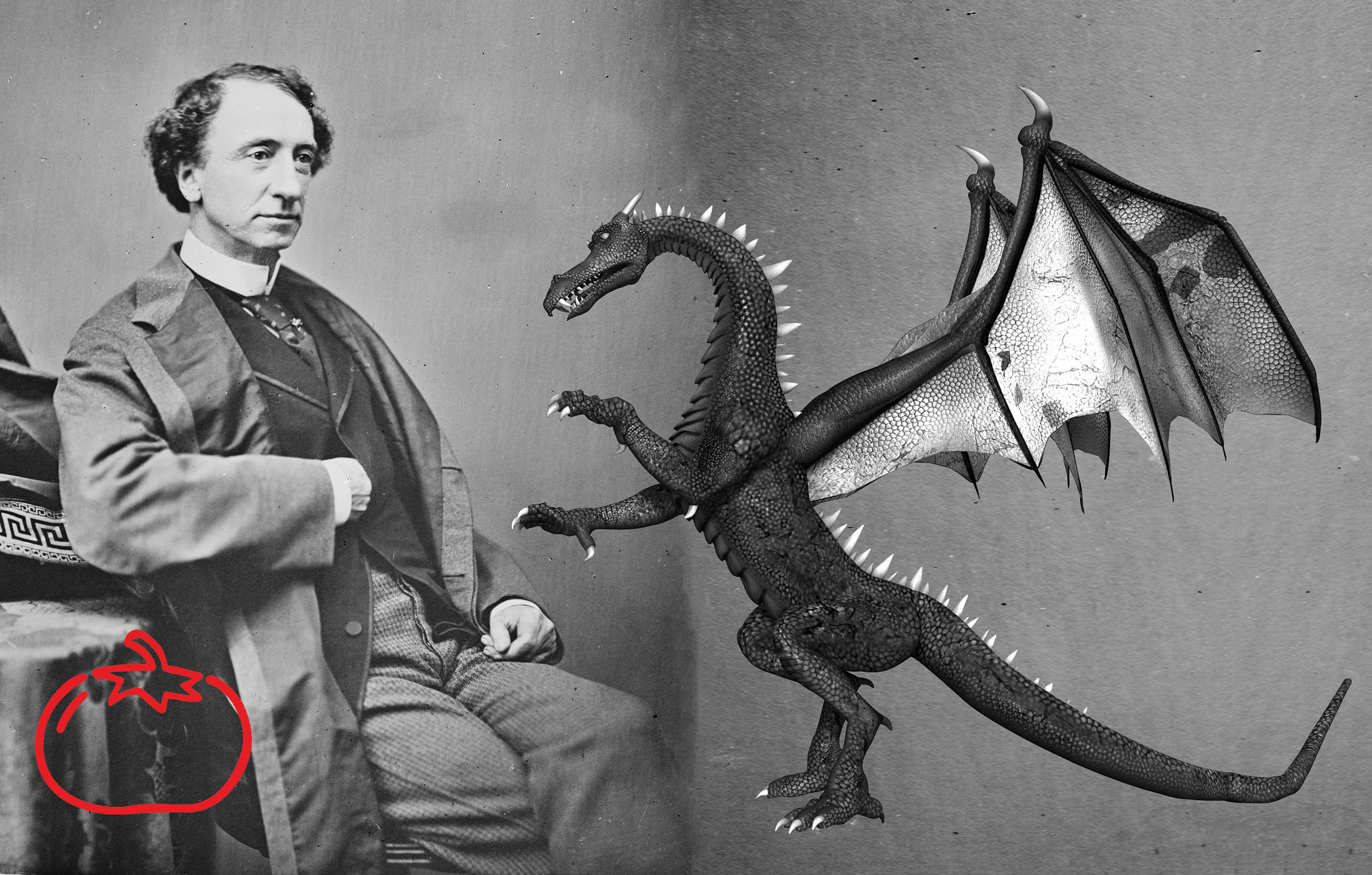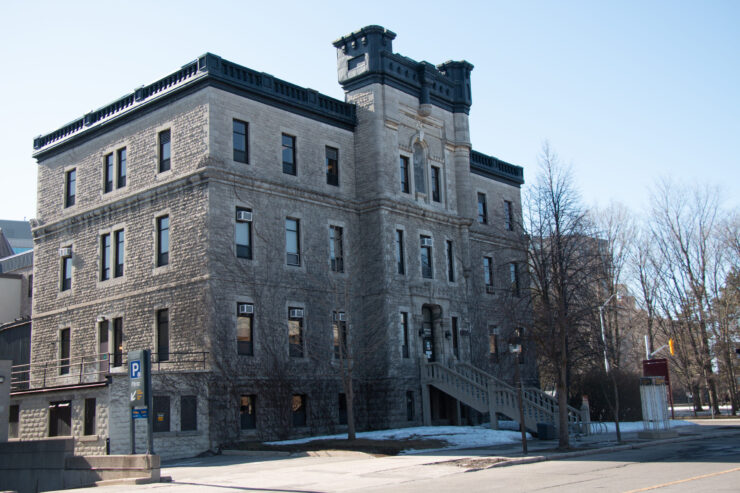Students celebrate the ascent of totally rad subject matter
The University of Ottawa has announced a new stream of its history program, based on the emerging phenomenon of “alternative facts.”
“Our history program has always been top-notch, but we thought it was time for a change,” said U of O president Jacques Frémont. “All these years we’ve been missing out on a whole side of history just because we don’t have any proof—no longer!”
While this program is still in its early days, students have nothing but good things to say about the new curriculum.
“This is way cooler than what I learned in high school,” said Sheryl Watts, a first-year alternative Canadian history major. “I loved the part where Sir John A. MacDonald fought off four dragons using only a rusty blunderbuss and a 60-year-old bottle of scotch.”
“I had no idea that ancient history was so fascinating,” said Timothy Silfverberg, a second-year communications student. “I don’t know how the Athenians managed to survive their war with those revived Egyptian mummies.”
“Why did no one tell me that Genghis Khan could throw lightning bolts?” an unknown student shouted as he sprinted out of Pivik.
One thing students agree on is that this new curriculum is a big improvement over what’s come before.
“It’s about time we had a change,” said Demi Davis, a third-year criminology student. “History has been free of fun alternative facts ever since Winston Churchill became the American minister of education in 1398.”
“Since alternative facts came into the curriculum, I have yet to lose an academic debate,” boasted Sarah Thomson. “Although, to be fair, neither has anyone else.”
According to Frémont, the alternative history program will offer several co-op placements as well.
“Students will have the opportunity to work on museum exhibits dedicated to alternative history—or even to write Donald Trump’s press briefings, provided their literacy scores are low enough,” he said.
This move is not without its critics, however. Several professors in the history department are worried that these alternative facts won’t help their students find sustainable careers once they leave school.
“Riiiiiight, let’s all take career advice from history professors…” Frémont retorted.
At a recent press junket, a reporter asked Frémont if presenting students with information with no factual basis would be damaging to how they perceive the world and their place within it.
“We think that people will be more receptive to learning history if the discipline becomes more malleable,” he responded. “I mean, did you hear the story about the dragons? Who wouldn’t want to learn that?”
Sadly, the program’s promising start came to a crashing halt when the U of O found out it had no money to invest in new learning resources.
“Looking back, those alternative accounting practices may not have been such a good idea,” said Frémont.





